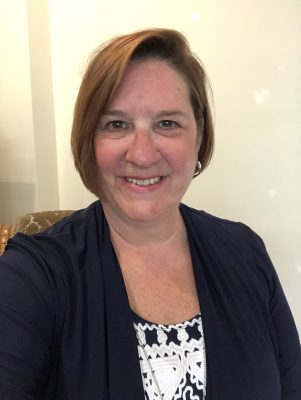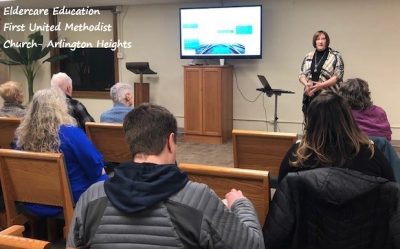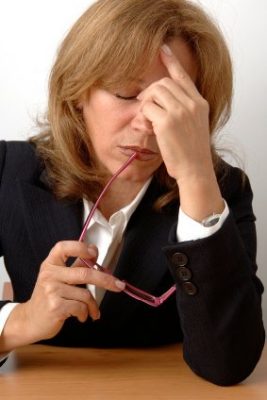
Aging Services providers are screaming from the mountain tops about the workforce crisis. Could it be that policy makers are finally listening?
The workforce crisis is about the inability of aging services providers to fill open positions and the lack of competitive wages.
Most definitely, a hopeful headline announced President Biden’s plan investing billions to build an aging services workforce.
The Value of Excellence in Elder Care
The time is right to seriously discuss the value of quality Elder Care in the United States. In addition, it is imperative that we intensify advocacy for improvements to strengthen services and supports for consumers. Moreover, we must enhance jobs for 4.6 million home care workers and nursing assistants.
With this in mind, the ethical and philosophical questions to examine include:
- Does our system act in such a way to produce a greater amount of good over harm?
- Do we maximize utility- the sum of the benefits produced minus the costs (dis-benefits)?
- Do we have a system that we all want for ourselves?
- Fidelity- have we kept our promise, and are we forsaking the well-being of our elders?
- Have we assigned an appropriate societal value to the work provided by personal caregivers?
Next Steps
PHI is an organization on the front lines of advocacy for the aging services workforce. To that end, PHI works to transform eldercare and disability services to foster dignity, respect, and independence—for all who receive care, and all who provide it. Additionally, as the nation’s leading authority on the direct care workforce, PHI promotes quality direct care jobs as the foundation for quality care.
AGE-u-cate Training Institute® is excited to host Robert Espinoza, VP Policy, PHI for our next Virtual Road Trip. Mr. Espinoza will discuss how we can advocate for improvements to enhance jobs for 4.6 million home care workers and nursing assistants.
Please join us Wednesday, April 21 at 1:00pm CST. No cost registration here.
 Julie has worked in Aging Services for over 30 years and has been a Licensed Nursing Home Administrator since 1990. She is a the Director of Grants and Consulting Projects and a Certified Master Trainer with AGE-u-cate Training Institute. In addition, she is an instructor and of Gerontology and Leadership in Aging Services at Northern Illinois University and lives in the Chicago Northwest Suburb of Mount Prospect, IL.
Julie has worked in Aging Services for over 30 years and has been a Licensed Nursing Home Administrator since 1990. She is a the Director of Grants and Consulting Projects and a Certified Master Trainer with AGE-u-cate Training Institute. In addition, she is an instructor and of Gerontology and Leadership in Aging Services at Northern Illinois University and lives in the Chicago Northwest Suburb of Mount Prospect, IL.

 Julie has worked in Aging Services for over 30 years and has been a Licensed Nursing Home Administrator since 1990. She is a Certified Master Trainer with the
Julie has worked in Aging Services for over 30 years and has been a Licensed Nursing Home Administrator since 1990. She is a Certified Master Trainer with the 
